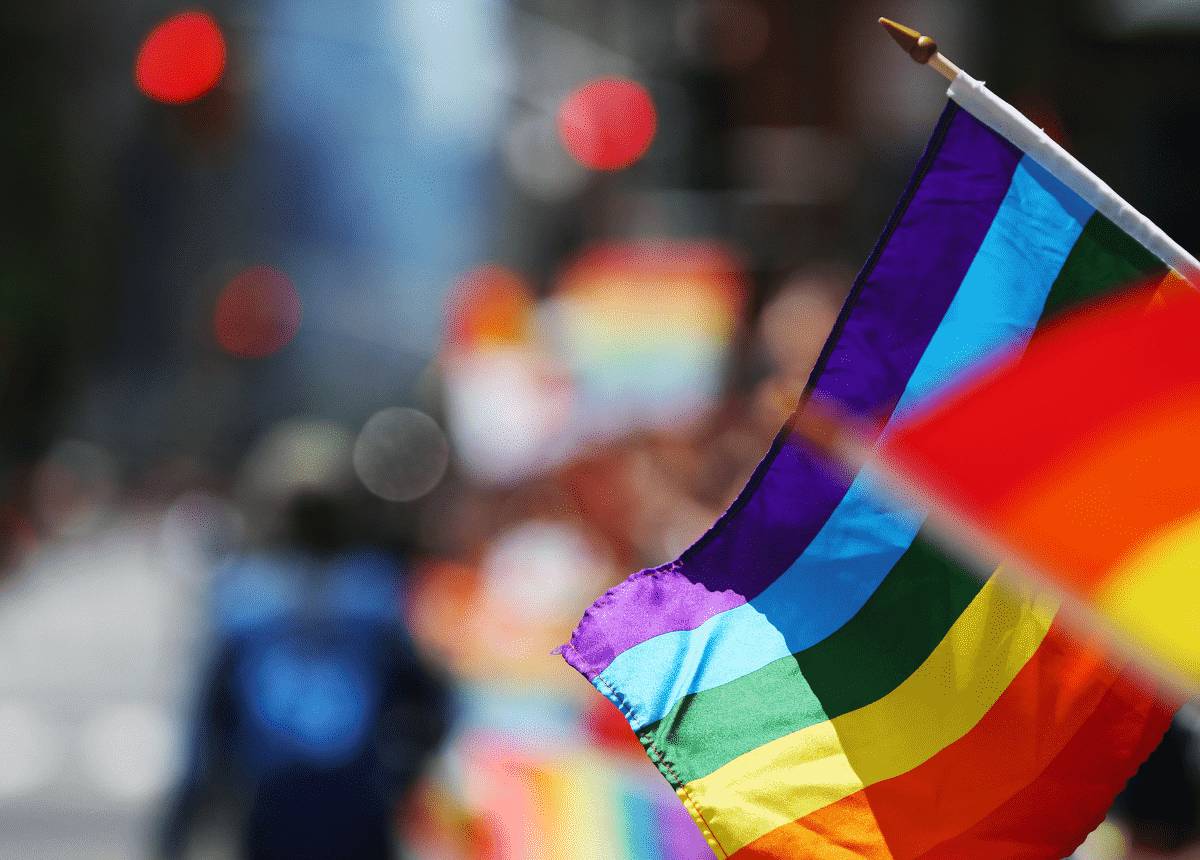June marks Pride Month, a time to celebrate LGBTQI+ rights and the history and contributions of LGBTQI+ people to the world. But also a time to reflect and raise awareness about the issues that many in our community still face.
We know that LGBTQI+ asylum can sound confusing sometimes, particularly when you need to go through lengthy articles with a lot of legal terms that you might not be used to. That’s why, to launch Pride Month this year, we’re explaining the key facts you need to know about LGBTQI+ asylum in the UK.
Why do LGBTQI+ people have to flee their countries of origin?
Across the world LGBTQI+ people suffer abuse and discrimination just because of who they are or who they love. In some countries, colonial-era “sodomy laws” make same-sex relations unlawful and punishable with prison sentences, while in others, homosexuality can even be punishable by death.
In other countries, same-sex relations are not criminalised as such, but neither are LGBTQI+ individuals protected by the State. In these places LGBTQI+ people are still at risk of abuse and discrimination and may face grave threats to their safety and lives.
For instance, it has been reported that the lives of LGBTQ+ people in Afghanistan have “dramatically worsened” under Taliban rule, while violent gangs in Central American countries single out and threaten to kill LGBTQI+ people, with trans women being at heightened risk.
What is the process for claiming asylum in the UK like for LGBTQI+ people?
LGBTQI+ people that seek safety in the UK still experience discrimination and abuse throughout the asylum process.
Our research has shown that the government routinely disbelieves LGBTQI+ people seeking asylum and disregards statements from friends, partners and LGBTQI+ organisations testifying to their sexual orientation or gender identity.
During their asylum claims, LGBTQI+ people must ‘prove’ their sexual orientation or gender identity to officials, and make sure that their ‘coming out’ story is credible enough. This is extremely difficult, and providing evidence is a huge challenge. Many will have spent years hiding who they are in their country of origin, or could put friends and exes at risk by contacting them. Even if some people can provide evidence from their time in the UK, this relies on them being “out” in a certain way, which not everyone might feel comfortable with – particularly those used to living in secret or who have experienced trauma.
Do LGBTQI+ people know that they are entitled to protection?
LGBTQI+ people often apply for asylum weeks, months or even years after arriving in the UK. Many do not know that they are eligible for refugee protection on the basis of the sexual orientation or gender identity, and some – especially younger people – may not realise they are LGBTQI+ until they have lived here for some time. People may also come to the UK as students, tourists or to work and only later become too afraid to return home, for example when word about their sexual orientation travels back home.
Where and how do LGBTQI+ people live while they are seeking refugee status?
While in the asylum process, LGBTQI+ people are usually placed in accommodation in the community with other people seeking asylum. However, many find themselves trapped in housing situations where they face harassment and abuse from other residents, who may be from the very countries they have fled. Sometimes, they can also be placed in immigration detention centres, where the isolation is more extreme and bullying and abuse are rife.
To make matters worse, people seeking asylum in the UK are not allowed to claim benefits or work. If they are destitute and have no other means of supporting themselves, they can apply to receive asylum support, which is set at around £5.66 per day, so less than £40 per week – that’s almost the price of a 7-day London travelcard.
“You bring us together, make us feel like we are all a family”
The quote above is from an LGBTQI+ person going through the asylum process that attends our support services.
At Rainbow Migration, we believe everyone should be safe from persecution and safe to be themselves. That’s why, while LGBTQI+ people go through the system, we provide legal advice as well as practical and emotional support.
If you found this article on facts about LGBTQI+ people seeking asylum in the UK interesting, during Pride Month, you can do your bit by sharing it with friends and colleagues. You can also sign up to our newsletter to receive news about how you can help us campaign for an asylum and immigration system that treats LGBTQI+ people fairly and with dignity.

